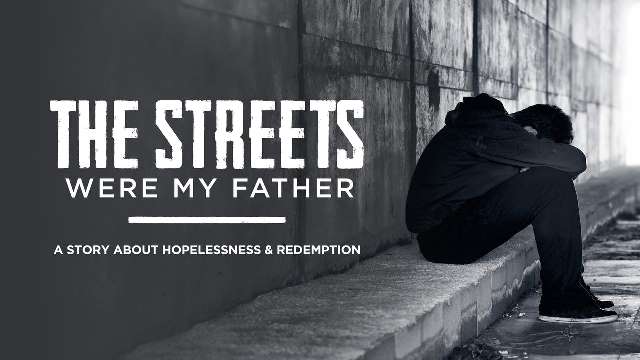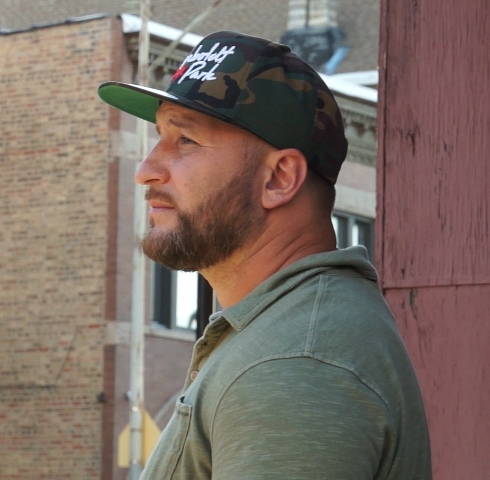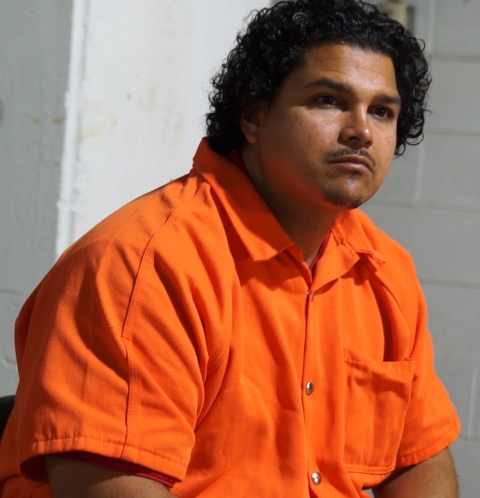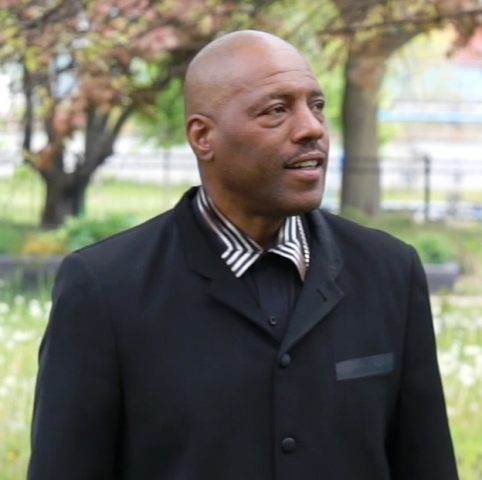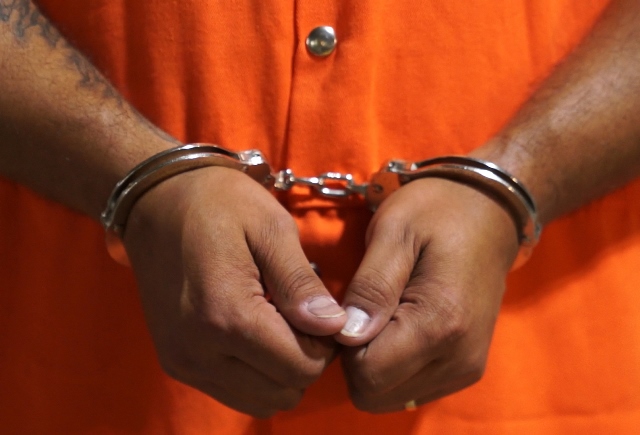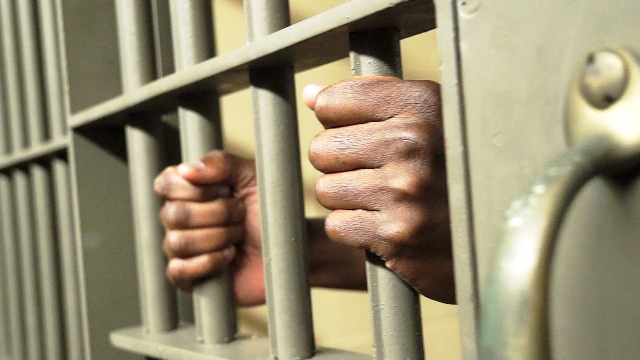‘The Streets Were My Father’ movie: Who’s your daddy?
By Rusty Wright
Could you forgive someone who murdered your family member? Or was an MIA parent? Absent, neglectful or abusive fathers can leave lifetime scars. The Streets Were My Father depicts three sons who experienced it all, and have turned their corners in dramatic, inspiring ways.
Lee Habeeb and Our American Stories produced this moving documentary about journeys from hopelessness to redemption. It releases on SalemNow.com on Father’s Day, June 20.
Fatherless homes correlate with numerous societal blights, including poverty, drug and alcohol abuse, teen pregnancy, crime, behavioral problems, and more. This film’s three male subjects knew it all too well.
Gang unity and revenge
Carlos Colon’s single mom endured multiple abusive relationships. Gangs and poverty permeated his young life. School seemed meaningless. “The streets were my father,” he lamented.
“What attracted me to the gang,” he recalls, “was actually just the unity. We all had something in common. A lot of us were miserable. We had no fathers in our lives.” And gang life was risky: “I remember getting into a shootout with somebody. Shortly afterward, they came back and I got shot.”
His feelings festered “like just a pot, so much boiling and brewing. I wanted to get revenge.” Carlos shot and killed a man, becoming a fugitive. His desire to be a father for his child eventually got him caught. A murder conviction brought a twenty-year prison sentence.
Cocaine, shooting; reaping, sowing
Louis Dooley both loved and feared his dad, who used his own mean demeanor as social currency, a trait young Louis sought to emulate. His father abused his mother both verbally and physically, and lost his life in a soured drug deal. “God, I hate you,” Louis exclaimed. Anger, bitterness and sadness haunted him. No one helped him process his pain and despair.
Drug use morphed into drug dealing with crack cocaine. “It just kind of spiraled out of control,” Louis remembers, “until a lot of violence [took] place with me doing drive-by shootings.”
“I just continued down that path. And you know, there’s a verse in the Bible that talks about reaping what you sow. And so it was just a matter of time before I was going to reap what I sowed.” At age 19, convictions of attempted murder and robbery earned a life-plus-100-years sentence. He contemplated suicide.
Brothers in crime
Leslie Williams has sad childhood memories of his father: “The only time that he interacted with me was when he was drunk. He would set me on his lap and he’d rub my head and tell me ‘Daddy loves you’ and that was it. That’s all he said.”
Petty theft became normal. A gang “started treating me like I was their brother. This is how I began the life of crime.” Convictions led to prison.
Voids and a new father
In prison, each man re-evaluated his life. Carlos “wanted something different” to fill life’s void. Louis wanted forgiveness and a “restart” in life. Leslie heard a former gang leader talk about “how Jesus Christ had changed his life.” In a pamphlet a prisoner gave him, Louis read a famous statement of Jesus’: “For God so loved the world, that He gave His only Son, so that everyone who believes in Him will not perish, but have eternal life.”
Each man, in their different circumstances, made significant faith decisions that radically transformed their lives. Each began to see that their heavenly father could be what their earthly father had not been.
Carlos met personally with the father of the son he murdered. Their encounter, shown in the film, is an extraordinary, poignant, moving example of how divine trust can heel wounded hearts. Conflict resolution counselors and mediators would do well to incorporate this film scene into their work.
Viewing The Streets Were My Father is an extremely worthwhile way to spend 71 minutes.
www.TheStreetsWereMyFather.com Streaming from June 20 on SalemNow.com
Rusty Wright is an author and lecturer who has spoken on six continents. He holds Bachelor of Science (psychology) and Master of Theology degrees from Duke and Oxford universities, respectively. www.RustyWright.com
Copyright © 2021 Rusty Wright
# # #
Editors: Note images below. For access to others, check here.
